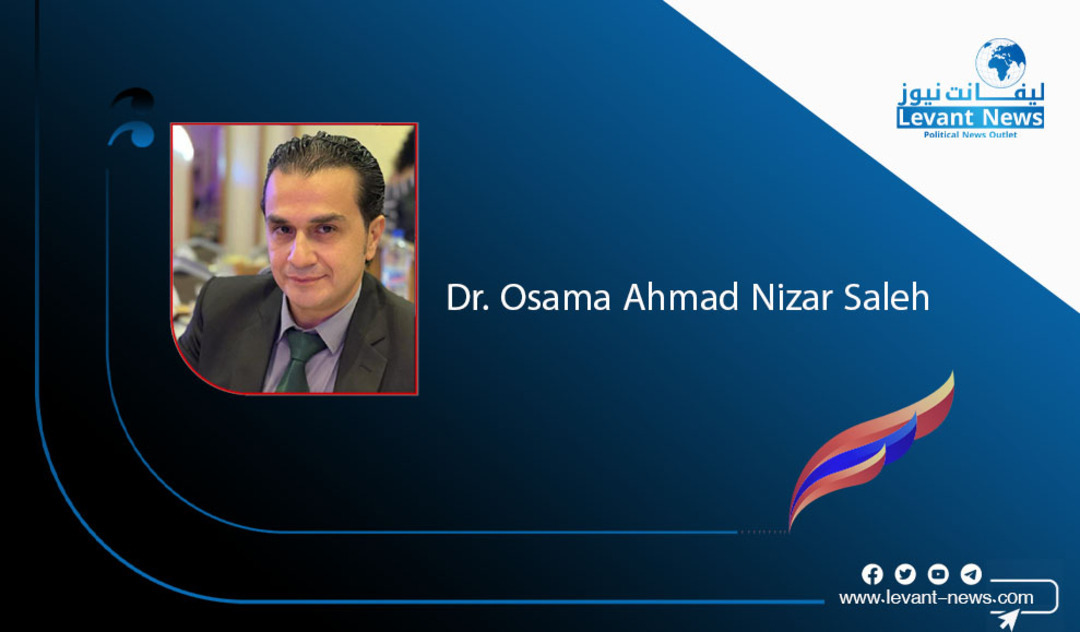-
Balances of Power

In early 1955, both Britain and the United States sought to find a Egyptian-Israeli settlement. This Anglo-American effort was known by the codename "Alpha."
The project officials saw the need to support Egypt's developmental plans by providing generous economic grants, along with ensuring security and financing the construction of the High Dam. As for Israel, the proposal aimed to put an end to the blockade of ships flying the Israeli flag through the Suez Canal and to conclude the state of war in the region. The goal of the project was to secure Western interests and stop the Soviet expansion in the Middle East.
Nasser interpreted (or perhaps misunderstood) the balance of power, or simply ignored it, becoming the main obstacle to achieving these objectives.
Middle Eastern leaders have a bitter history with reading the balance of power. King Abdulaziz was not a shrewd reader of realities, but his chronic illness and obsession with the firefighting syndrome—fueling fires rather than preventing them—perhaps led the players of the power balance to accept his regime, even allowing him to bequeath the keys of the Qasr al-Muhajirin to his son Bashar.
Experiences show that minority rule based on tribalism can last more than two hundred years—unless someone like Bashar al-Assad sits on the throne. He has not understood that the facts of the balance of power are a final court ruling, non-appealable, and not annulled by flirtations with courtesans, even if they shift between arms.
History also indicates that coexistence among different components is a delicate matter—especially for partners who are always sensitive about their demographic proportions. These facts sometimes lead some components to jump out of the country's map, whose borders are drawn by the major players of the balance of power.
When the Swaida crisis erupted, two men recognized the balance of power and its clear parameters: there is no capability to achieve territorial unity in Syria, nor to limit weapons to the new state by force. Decades of repression under the Assad regimes, fear of expressing opinions, and open confrontation have increased tension, anger, and suspicion among all components. Meanwhile, Israel is demanding a weak and unstable Syria at its core.
President al-Assad had no choice but to pay attention to what the balance of power dictates. The state needs to catch its breath, and the priority is not confrontation or entering into battles, but rather building institutions to preserve unity and coexistence, and opening the door for stability and solutions through employing all diplomatic channels. This approach aims to revive Damascus's regional role without posing a threat to its neighbors, and to stay within the scope of the American-led convoy, supported by Saudi, Turkish, and Qatari backing.
Hikmat al-Hajri continued to exploit the imbalance of power, deciding to exclude some of the Druze component from the Syrian map. Will Sheikh al-Hajri try the game of embraces, or perhaps reopen Antoine Lkhd’s restaurant in Tel Aviv?
Dr. Osama Ahmed Nizar Saleh – Syria – Latakia
You May Also Like
Popular Posts
Caricature
opinion
Report
ads
Newsletter
Subscribe to our mailing list to get the new updates!




















